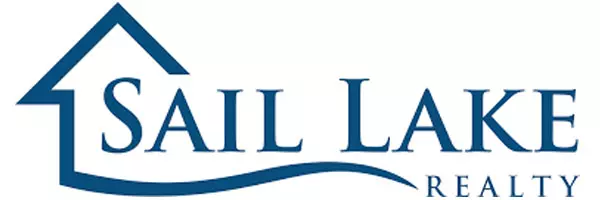
Money Talks: Why Speaking to Lenders First Is Key to Your Homebuying Success
Embarking on the journey to buy a home is an exciting adventure, but it comes with its fair share of financial considerations. In this blog, we'll explore why initiating a conversation with lenders at the outset is a strategic move that can significantly impact the success of your homebuying jour

What You Should Know Before Applying for a Mortgage Loan
Are you considering a mortgage loan to purchase a home or refinance the one you have? A mortgage loan can be an excellent tool for helping you achieve your financial goals. However, before you apply for a mortgage loan, it is important that you understand the process and what you should know about

The Ultimate Guide to Home Loans
A mortgage is a loan secured by property—usually a real estate property. Mortgages are used by individuals and businesses to make large real estate purchases without paying the entire value of the purchase up front. Instead, the buyer pays the lender back over time with interest, until the loan is
Categories
- All Blogs (781)
- Buyer's Market (9)
- Cash Flow (2)
- Design and Maintenance (42)
- Featured Listings (6)
- First-Time Home Buyers (39)
- Holidays (5)
- Home For Sale (7)
- Home Loans (3)
- Home Pricing (3)
- Home Showing (2)
- Homeowners (24)
- Investment Properties (9)
- Market Update (10)
- Mortgages (9)
- Real Estate Fun Facts (12)
- Real Estate Investors (22)
- Real Estate Marketing (13)
- Seller's Market (4)
- Selling Your Home (20)
- Sold Homes (12)
- South Jersey Updates (26)
- This Weekend Happenings (28)
- Tips For Home Buyers (17)
Recent Posts

![Builders Are Building Smaller Homes [INFOGRAPHIC]](https://img.chime.me/image/fs/chimeblog/20240504/16/original_39aacbf5-2468-464c-acda-b86e3e29eff4.png)








